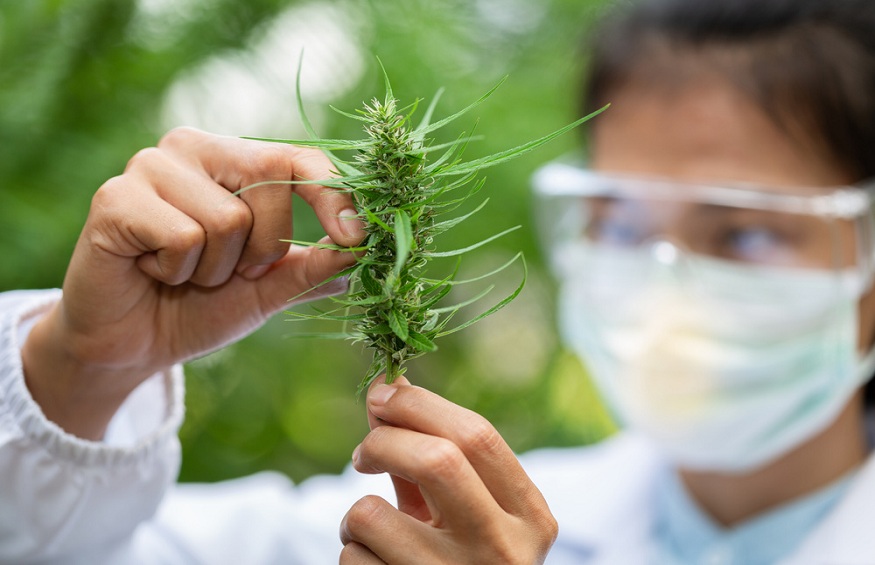What Does a Medical Cannabis Pharmacist Do?

Pay a visit to the Deseret Wellness medical cannabis pharmacy in Provo, UT and you are likely to interact with the pharmacy’s licensed medical cannabis pharmacist. In Utah, these professionals are known as Pharmacy Medical Providers (PMPs), perhaps as a way to distinguish them from the pharmacists in traditional drugstores. But what do these pharmacists actually do?
The answer to that question depends on multiple factors. First is state law. Utah is somewhat unique in how it regulates medical cannabis. Its laws regarding medical cannabis pharmacists are also unique. Above and beyond state laws are pharmacy policies. Medical cannabis pharmacists are employees who could be tasked with any number of responsibilities. It depends on what their employers expect.
Trained and Licensed
The first thing to know about medical cannabis pharmacists is that they are trained medical professionals. They complete a full educational regimen and graduate with a degree in pharmacy. They are licensed in their respective states. Medical cannabis pharmacists are not cannabis hobbyists whose only experience with the drug is personal use. They are trained and licensed.
Above and beyond standard pharmacy training is additional training focusing on cannabis and the human endocannabinoid system. Just as an example, Utah pharmacist Mindy Madeo recently told the High Times that she worked as a traditional pharmacist for two decades before moving over to medical cannabis. She is currently on the cusp of earning her master’s in Medical Cannabis Science.
The point here is that medical cannabis pharmacists tend to receive cannabis training above and beyond what traditional pharmacists receive. They go on to learn all the finer points of using cannabis as a medicine.
Consulting With Patients
A Medical cannabis pharmacist’s responsibilities are similar to their more traditional counterparts. In states like Utah, where regulations are very strict, pharmacists dispense medications and consult with patients. Their main priority is to ensure that patients are using their medications safely and realizing maximum benefit as a result.
Utah patients are required by law to consult with a pharmacist on their first visit to a medical cannabis pharmacy. That consultation takes about 30 minutes, during which time the pharmacist asks a variety of questions and hopes of better understanding the patient and how medical cannabis can help them.
State law does not require subsequent consultations after that. However, a medical cannabis pharmacist must approve all medications before they can be dispensed to customers. State law requires that pharmacists be kept in the loop at all times. To that end, they may or may not choose to consult with their patients’ medical providers.
Ongoing Self-Education
Legal requirements relating to pharmacist-patient consultations may be different in other states. Again, Utah is somewhat unique in how it approaches medical cannabis. But regardless of the state in which a pharmacist practices, there is an ongoing responsibility to continue self-educating.
The truth is that we still do not know everything there is to know about cannabis. It might even be fair to say that our knowledge of the plant is more limited than we care to admit. Medical cannabis pharmacists are trained to continually investigate the plant. They are trained to educate themselves about new studies, different delivery methods, alternative cannabinoids, etc.
Needless to say, the medical cannabis pharmacist’s job is anything but routine. As the industry grows and matures, the pharmacist’s day-to-day tasks will also evolve. In the meantime, medical cannabis patients will continue looking to their pharmacists for sound advice. They will continue asking their pharmacists for recommendations about dosage, delivery method, and even new products. Would we expect anything different?






